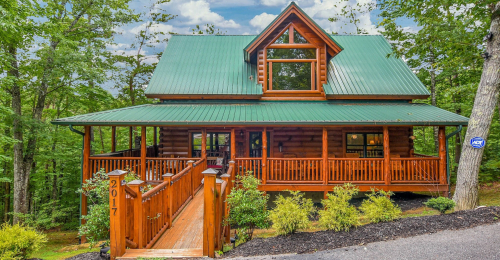
Tiny Wooden Homes Under $5000


Warning: opendir(/home/lola/public_html/uploads/76131/files): failed to open dir: No such file or directory in /home/lola/public_html/blogplayer.php on line 116
You will be inspired by these simple cabin plans from The Home and Garden Centre in Monmouthshire, Wales, which have many garden cabin kits currently only delivered to Wales, England, and the Scottish Lowlands. You'll want to look around and imagine all the uses these tiny cabin plans can provide, from summer houses to tiny cabin plans and kits. There are a variety of small house kit designs and styles that contain details not seen in other kit structures and which could be translated over to other stationary tiny houses. Some of these finished kits have built-in decks, covered porches, large windows, and double doors and sit well in a garden or patio. The small wooden house company sells kits for traditional and modern wood houses, which will fit into the corner of a property, and smaller structures like saunas and tool sheds. The tiny cabin packages come in complete kit form with detailed instructions for installation and optional extras like insulation kits and underfloor heating.
There is so much to love about choosing wood for your small wooden house. From the beauty of different tree species to its green advantages, wood as a building material is undeniably vast and significant. The following are just some of the benefits of using wood. Strength. Though wood is a lightweight building material, it outperforms even steel when it comes to breaking length (or self-support length). It can support its weight better, which allows for larger spaces and fewer necessary supports in some building designs.
Sound absorption. Wood's acoustic properties make it ideal for minimizing echo in living spaces. Wood absorbs sound rather than reflecting or amplifying it. This can significantly reduce noise levels for additional comfort. Beauty. With the wide variety of species available, wood can suit many aesthetics. Different species of trees can also provide varied mechanical, acoustic, and thermal properties.
Wood's Green Advantage. These days ecological concerns are high. Because of this, the trend was to move away from wood as a building material to prevent deforestation and manage greenhouse gasses. But, a closer look at the reasons for this thinking can prove slightly off track. Wood has several advantages that help both the builder and the environment.
Wood is Renewable. Unlike concrete or metals, wood is a building material that can be grown and regrown through natural processes such as replanting and forestry management programs. Selective harvesting and other practices allow growth to continue while more giant trees are harvested. While the forests are growing (via solar energy), they are also naturally and efficiently removing carbon dioxide from the environment. It's a bonus unique to wood.
Wood Enhances Energy Efficiency. Wood has a higher insulation rating because of its natural cellular structure than steel and plastic. Plus, wood can help regulate humidity levels to a small degree. Wood is Biodegradable. One of the biggest challenges of many building materials, including concrete, metal, and plastics, is that they take an impossibly long time to decompose when discarded. When exposed to natural climate conditions, wood quickly breaks down and replenishes the soil.






















